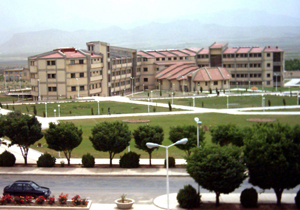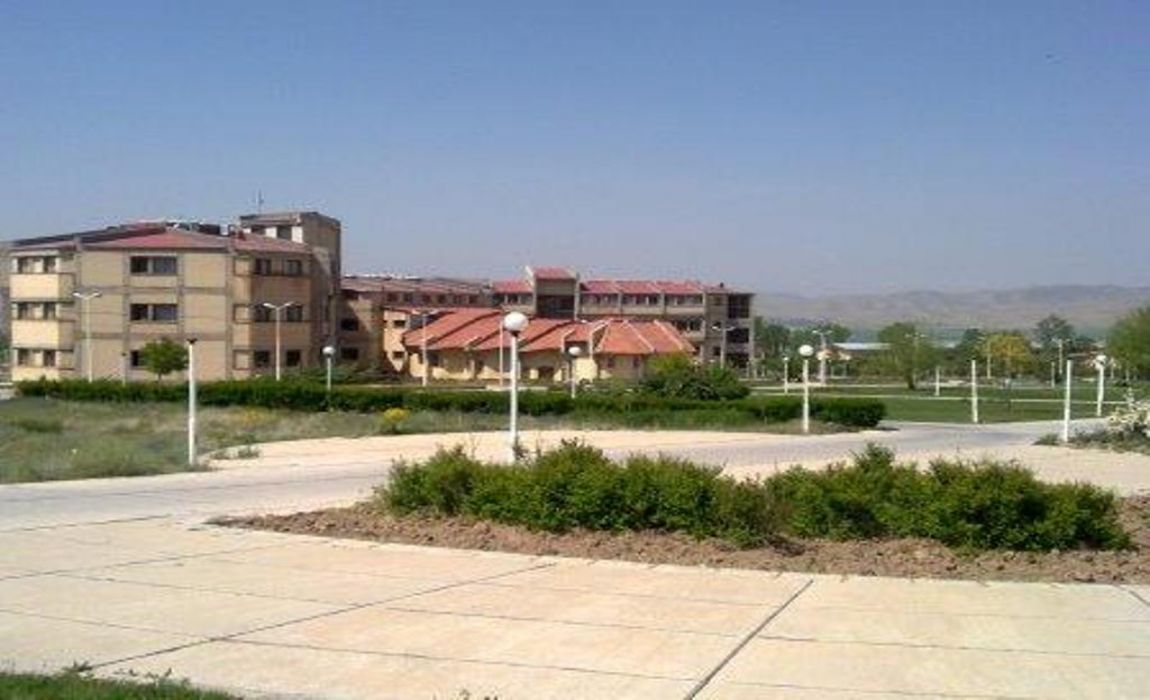Looking to avoid a bad lab? A new site wants to help
We’ve all heard horror stories of lab disputes that can quickly spin out of control. (Such as a graduate student obtaining a restraining order against his supervisor, which we covered earlier this year for Science.) Naturally, prospective students want to do their homework before committing to a particular laboratory or supervisor. A new website, QCist, is trying to make that process easier, by letting students rate labs. It’s still new – only several dozen lab heads have been rated so far, mostly from the U.S. – but founder and Executive Director Qian-Chen Yong has plans for it to grow much bigger. We spoke with Yong, currently a research fellow at the Cancer Research Institute, Baylor Scott & White Health in Texas — who completed a postdoc at Texas A&M Health Science Center and a PhD at the National University of Singapore — about the plan to keep the site from becoming a place to smear a tough boss’s reputation.
Retraction Watch: What inspired you to create this site?
Qian-Chen Yong: We want to help create great teams of scientists with similar interests and goals, while filtering out those researchers who do not maintain standards of lab practices and personal characteristics, and are actively hindering the next generation of scientists. Creating productive, efficient, positive environments in which scientific progress can thrive is our main goal.
The most recent specific event that motivated me to create QCist.com was when I was searching for my second postdoc. It was a tedious task to search for my ideal mentor. Some labs have up-to-date websites, some departments provide descriptions of their faculty, but some mentors are only found through networking at conferences or “cold-calling” to see if they have any openings in their lab. What I really needed was a database that I could search and shortlist the mentors whom I may share common goals, and then contact them to talk more about the possibility of joining their lab.
Another issue is that, quite a few of trainees I know were physically or verbally abused by their mentors. Some of these abusive mentors are well-funded and regularly publish in high impact journals, and so they are usually “protected” by the department/institute. This made me realize that if there was a website that allows trainees/researchers to comment about those abusive mentors without direct repercussions, other prospective trainees may think twice before making a decision to go to a lab that looks good from the outside (good grants and publications), but may have trade-offs in terms of personal development.
The other important factor is that some trainees have been receiving incorrect teachings regarding experimental methods and study design. We already have issues with reproducibility in science, and if these misleading practices continue, the integrity of the next generation of scientists will be polluted, which will likewise be passed down to the next generation, and so on. Therefore, ratings and reviews of scientists on QCist.com will facilitate trainees to identify a good scientist with great scientific integrity to be their mentor.
RW: How is the site different from ratemyprofessor.com?
QY: RateMyProfessor focuses on college professors who teach undergraduate classes; they are generally scored based on their classroom teaching and how difficult their exam questions were. QCist.com focuses on scientists who are also mentors for undergraduate and postgraduate trainees, including Ph.D. students, master students, postdoctoral fellows and MD/PhD trainees. QCist.com scores scientists based on qualities important for laboratory settings (mentorship, communication, data transparency). Reviewers (usually past/present trainees, co-workers, research assistants) can assess the qualities of scientists by answering a series of multiple choice questions, thereby providing information to prospective trainees regarding those qualities that are important for career development. For example, a medical student is interested in a summer research project; a good mentor for this individual might also hold an M.D. or have an active clinical/translational research program, but up-to-date comments from trainees will allow an assessment of what this mentor will actually allow a trainee to do. Our hope is that the more trainees review a mentor, the more the mentors’ strengths and weaknesses can be used to match up with a trainee that has a specific talent or need.
RW: How many mentors have been added to the site so far? What countries are they based in?
QY: Since we launched the website in April, nearly 70 scientists have been added to our database. Most of them are in the United States, and a few are from Europe. Right now QCist.com will focus on US-based scientists, because of the large number of top institutes that attract thousands of graduate students, postdoctoral fellows, and exchange scholars from around the world.
RW: How do you plan to moderate the site?
QY: Moderation is the most important aspect for the success and trustworthiness of the website. Right now, we heavily rely on users to flag any inappropriate or potentially fake ratings. When a user contacts us about a potential problem, we will investigate the user who left the comments if the comments indeed include serious allegations. We will ask the user to either have the evidence ready or amend the comments. If no response is received from the user, we will remove the entire rating. In addition, we also implemented IP restriction to prevent spam ratings. So each IP address can only register for one account. Therefore, each IP address can only rate one scientist one time. We believe, for now, these measures should be good enough to moderate the reviews and ratings of scientists in QCist.com.
RW: How can you prevent people from using the site to just bad-mouth professors they don’t like?
QY: Defaming a professor without any evidence, or for personal reasons, is not something we will accept. However, we want to promote honesty so that, over time, we are improving relationships between mentors and trainees. Therefore, everyone can criticize mentors who they don’t like, as long as they are being truthful in their report of what was seen or experienced. Ideally, a popular (and truly good) professor should receive multiple reviews. So one or two “bad-mouth” reviews will be drowned out by other good reviews. In addition, we also encourage the reviewer to leave words in the “additional comments” section to make the review more authentic. This way, a prospective trainee will be able to tell a bogus review from a truly authentic one. Therefore, we don’t think that one single “just bad-mouth” review is going to affect the overall feeling and rating of a professor.
RW: Anything else you’d like to add?
QY: QCist.com is in its infancy, so getting the word out about what we are trying to accomplish is key! The most important growth we currently need is to get more users to add and review scientists they know in order to generate a database that is large enough to be used as a reference for prospective trainees. To do that, we have started to volunteer at conferences around us, actively join seminars, and speak to people who may be interested in promoting the concept and goals of QCist.com.






